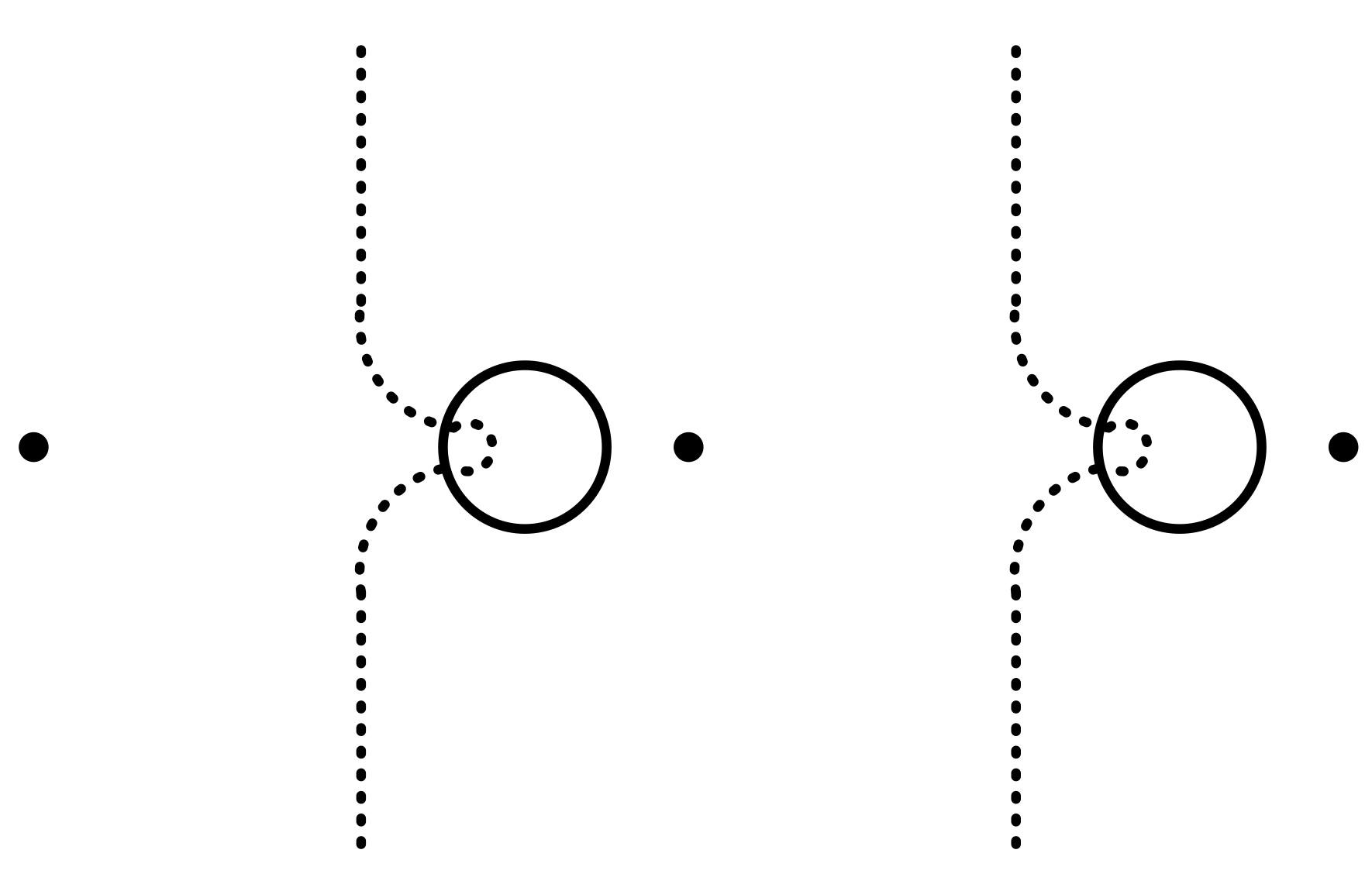My question is motivated by this question, and this answer to it. Below, let's consider the setup in that answer:
Let $M$ be a Riemannian manifold. Let $G\times M\to M$ be a proper action of a discrete subgroup of the isometry group $Iso(M)$. Now, consider the Dirichlet fundamental domain containing $x$: $$ D_x= \{y\in M: d(y,x)< d(y, gx) \forall g\in G - \{1\} \}. $$
Question: if non-empty (so assuming $x$ has a trivial isotropy group) is $D_x$ always geodesically convex, and if yes, how to prove that? I feel yes and in all the examples I've seen, it is the case, e.g. torus or hyperbolic Riemann surfaces, where $D$ turns out to be a geodesic polygon. Indeed, I've never seen fundamental domains being actively used in a Riemannian geometry textbook, and the only topics I've seen them are low dimensional topology or hyperbolic geometry; but of course, my own exposure is limited.
I'd try to prove it by showing:
STEP I: for each $g\in G, \{y\in M: d(y,x)< d(y, gx)\}$ is geodesically convex; how to show it?
STEP II: apply the fact (?) that arbitrary intersection of geodesically convex subsets is convex (I think it's tru, but need to convince myself...) For convex subsets of the Euclidean space, it's true.

